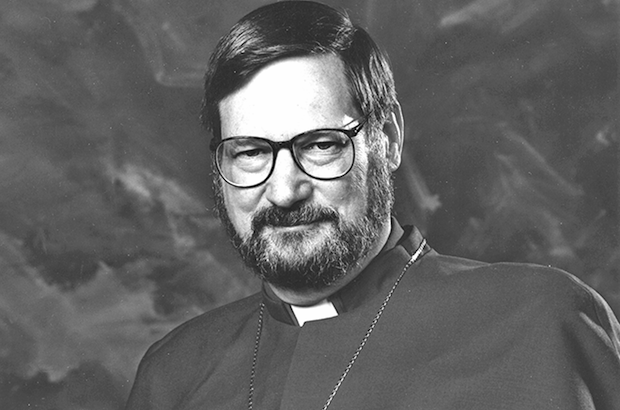Many years ago the bishop of the Canadian Diocese of Cariboo, Jim Cruickshank, came to a diocesan convention in Wyoming to share with us the reconciliation work he was doing with the Indigenous people of his area. These folk had been forced to go to an Anglican-run boarding school, St. George’s Indian Residential School, when they were growing up. Many of them had been sexually abused there.
Bishop Cruickshank’s reconciliation ministry took him to the small villages in his diocese where he gathered with native people in healing circles. They would share their stories of the abuse that had happened to them and he would take the role of representative of the institutional church and make a profound apology. When some of the victims later brought damage suits against the diocese, he didn’t fight them. The diocese could have drug each claimant through difficult court proceedings, forcing them to prove their allegations. It did not do that.
“I wish the victims didn’t have to seek justice this way,” he said to us. “But they want some recompense for their suffering.” He continued to accept responsibility for the harm that had been done. He said, “If this process forces the end of the Diocese, so be it. It is more important that we tell the truth and make the reparations we can make than that we try to dodge the accusations to save our skin. Who would we be if we did that?”
On December 31, 2001, the Diocese of Cariboo folded. They had been forced into bankruptcy.
I continue to be deeply moved by this story. We cannot exist as Christians unless we stand in our sin and ask for forgiveness, promising reparations where we can make them. And we cannot hedge just because telling the truth would cost us everything.
It seems to me that Zacchaeus follows this course of action when Jesus calls him down from the sycamore tree. “I will give half my possessions to the poor,” he says. “And if I have defrauded anyone of anything, I will pay back four times as much.”
There lies the path to financial ruin. But this is less important to Zacchaeus than taking responsibility for the harm he has done and seeking to correct the wrong where he can. He will wind up being a different person by the time it’s all over – one much poorer, but one who follows the Way of Love, no matter what the cost.
What identity is most important to us? Is it a professional affiliation, a financial status, or a membership in a prestigious group? Aren’t we named most deeply in our commitment to be followers of Christ? This may force us to be foolish, even to the extreme of losing everything. But who would we be if we didn’t tell the truth, ask for forgiveness, and go on from there?

